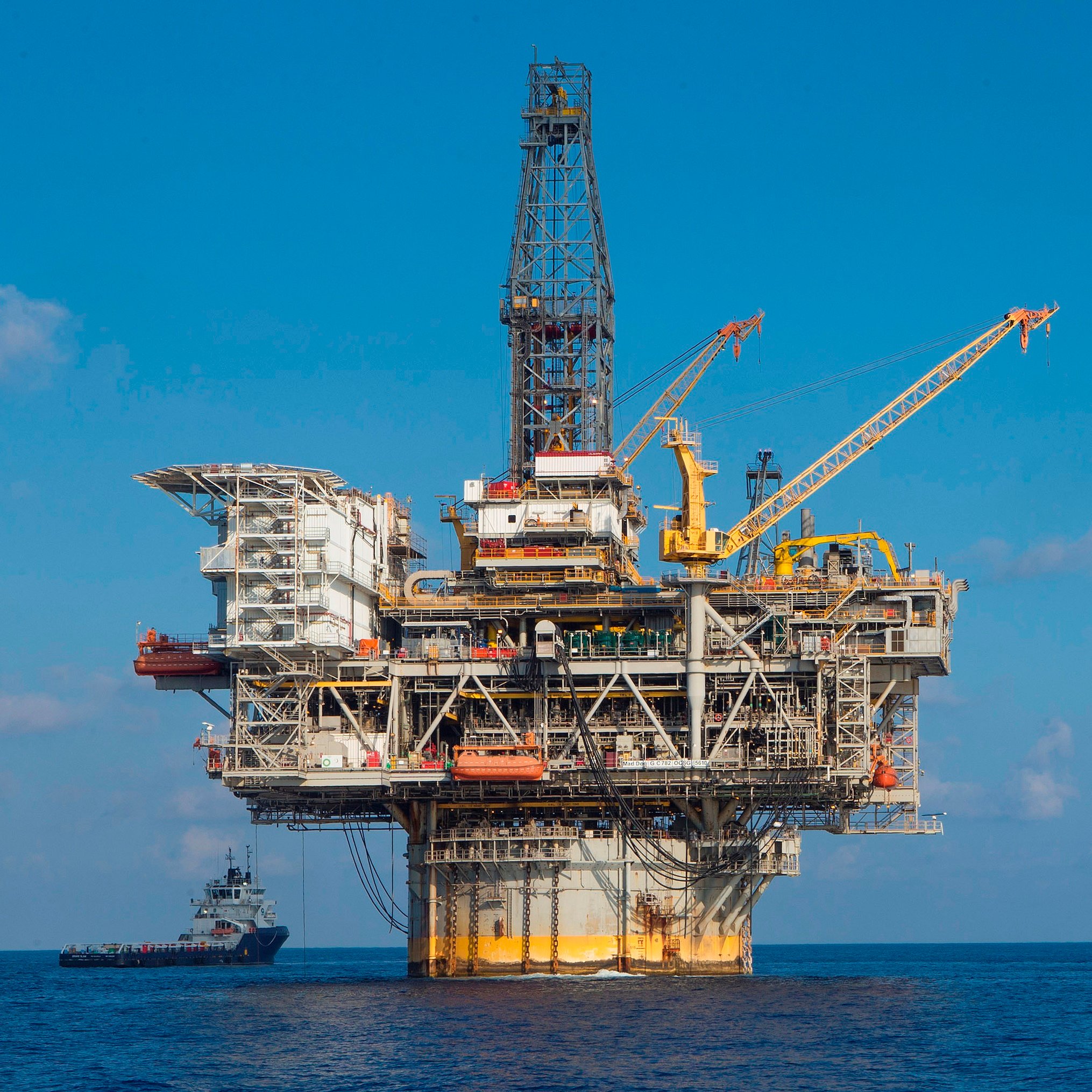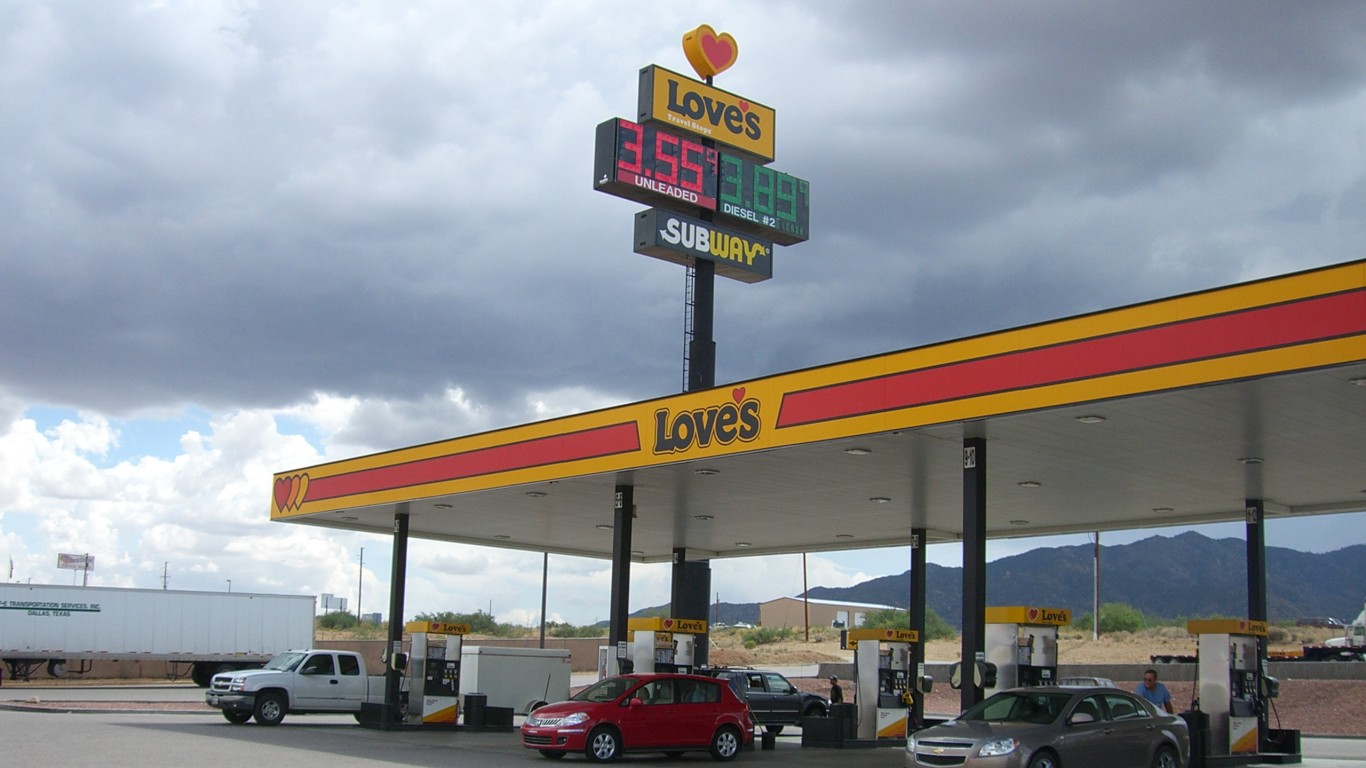

BP PLC (NYSE: BP) reported fourth-quarter and full-year 2016 results before markets opened Tuesday. For the quarter, the oil and gas supermajor posted adjusted diluted earnings per American depositary share (ADS) of $0.13 on revenues of $52.12 billion. In the same period a year ago, the company reported earnings per ADS of $0.06 on revenues of $49.23 billion. Analysts estimated earnings per ADS of $0.16 on revenues of $54.7 billion. One ADS is equal to six ordinary shares.
BP’s adjusted replacement cost profit (essentially the company’s adjusted net income/loss) in the fourth quarter totaled $400 million, compared with $196 million in the year-ago quarter. Unadjusted the replacement cost profit totaled $72 million, or $0.02 per ADS, compared with a net loss of $2.23 billion and a net loss per ADS of $12.16 in the fourth quarter of 2015.
Adjustments to income included a charge of $180 million on non-operating items and net unfavorable fair value accounting effects totaling $148 million.
For the full year, BP posted earnings of $0.83 per ADS and revenues of $186.61 billion, compared with earnings per ADS of $1.93 and $225.98 billion in revenues in the previous year. Analysts were looking for earnings of $1.01 and revenues of $200.63 billion.
BP’s unadjusted full-year net loss totaled $999 million, compared with $5.16 billion in 2015. After adjusting for a net charge for non-operating pretax items of $2.83 billion and net pretax unfavourable fair value accounting effects of $756 million, underlying replacement cost profit for the full year was $2.59 billion, compared with $5.91 billion for the same period in 2015. The decline of nearly 50% was attributed to lower results in both the upstream and downstream segments.
To date BP has paid out $62.59 billion in pretax charges related to the disaster that claimed the lives of 11 workers and dumped millions of barrels of crude oil into the sea. In the fourth quarter, the company paid out $799 million and for the full year paid out $7.13 billion.
Daily average hydrocarbons production totaled 2.19 million barrels of oil equivalent, up by 70,000 barrels sequentially and down 128,000 barrels from the year-ago quarter.
BP’s price realizations for liquids rose from $40.99 a barrel in the third quarter to $43.89. In the year-ago quarter the price realization was $38.91 a barrel. Natural gas averaged $3.08 per thousand cubic feet in the fourth quarter, up from $2.77 in the third quarter and $3.47 in the fourth quarter of 2015.
Downstream (refining) pretax profits fell from $1.22 billion a year ago to $877 million. In its outlook statement BP said it expects similar refining margins ($11.40 per barrel) in the first quarter of 2017 and lower turnaround activity.
CFO Brian Gilvary said:
Looking beyond this year, we expect organic free cash flow to grow into the medium term, supported strongly by the ramp-up of production from new Upstream projects, strong marketing growth and the positive impact of these portfolio additions.
BP expects capital spending of $16 billion to $17 billion in 2017 and divestiture proceeds of $4.5 billion to $5.0 billion with divestitures falling to a range of $2 billion to $3 billion in future years.
The company also announced its regular quarterly dividend of $0.60 per ADS, a dividend yield of 6.68% at Monday night’s closing price.
BP’s ADSs closed down 0.3% on Monday, at $35.82 in a 52-week range of $27.01 to $38.68. They traded down another 3.2% in Tuesday’s premarket session at $34.68. The 12-month consensus price target was $39.07 before Tuesday’s report.
Essential Tips for Investing: Sponsored
A financial advisor can help you understand the advantages and disadvantages of investment properties. Finding a qualified financial advisor doesn’t have to be hard. SmartAsset’s free tool matches you with up to three financial advisors who serve your area, and you can interview your advisor matches at no cost to decide which one is right for you. If you’re ready to find an advisor who can help you achieve your financial goals, get started now.
Investing in real estate can diversify your portfolio. But expanding your horizons may add additional costs. If you’re an investor looking to minimize expenses, consider checking out online brokerages. They often offer low investment fees, helping you maximize your profit.
Thank you for reading! Have some feedback for us?
Contact the 24/7 Wall St. editorial team.


